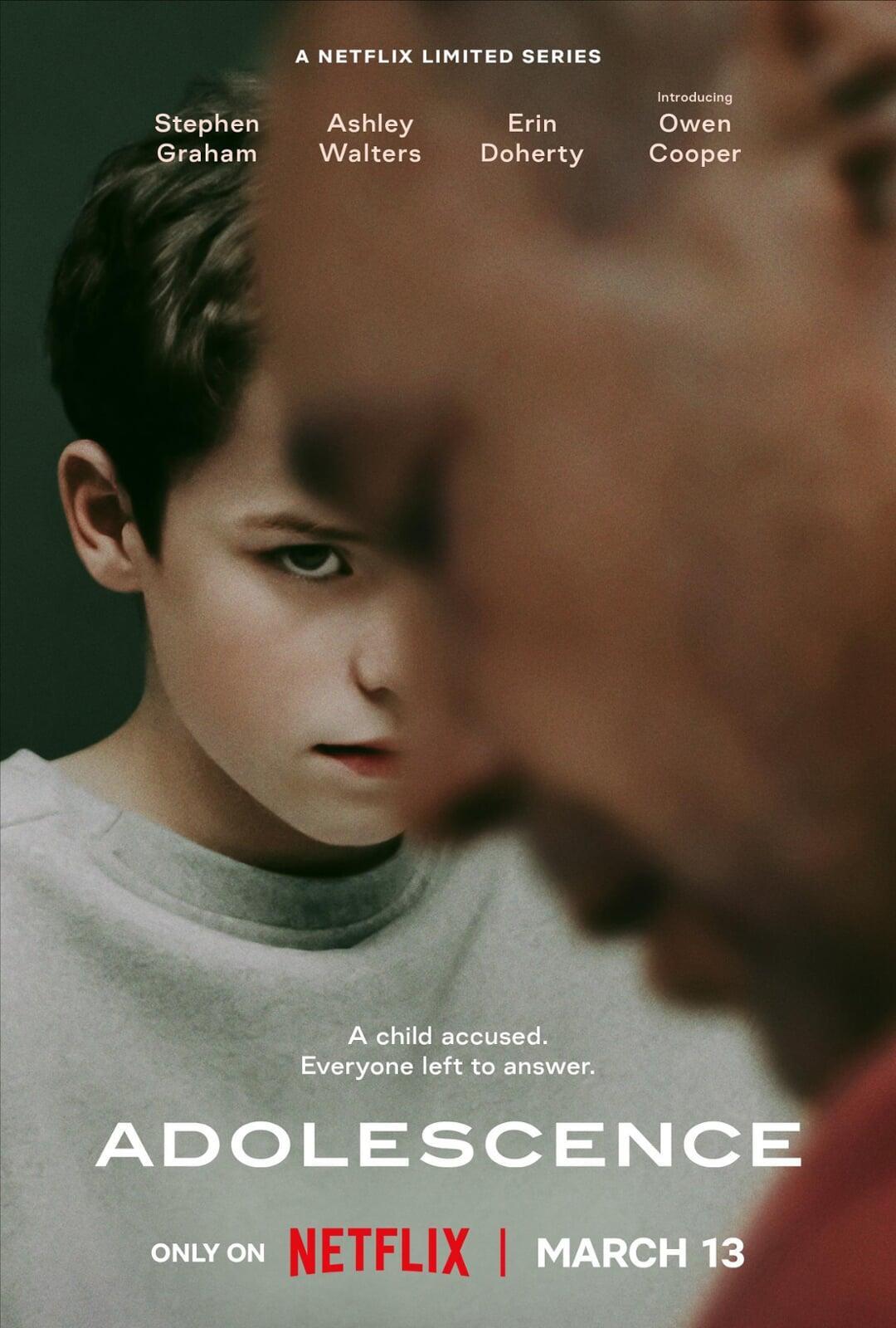Everyone I've met over the last few weeks has been talking about the Netflix show Adolescence. I’ve heard every kind of reaction — from “shock!” and “disbelief!” to “this is why masculinity is toxic!” and “damn Andrew Tate!” There’s also been a lot of “must watch!”, “could not watch!”, and “you should watch it if you have a boy!” I do have two young boys, so I decided to see what the fuss was about.

Based on the trailer and all the reactions I'd heard (thankfully, no spoilers), I had a rough idea of what to expect. For me, the show did not live up to the hype. I was blown away by production values and the acting, but the content itself was not new to me. Possibly because I have been sort of immersed in this space for the last five years.
In late 2019, my wife and I had just moved to New Delhi, when a colleague of hers, who is an expert on gender studies, recommended we read Bad Feminist by Roxane Gay. I found the book somewhat underwhelming, and it left me confused in a lot of ways. That confusion paved the way for me to explore more feminist thought and writing, which eventually led me to discover the manosphere, often described as a male counterpoint to feminism.
The makers of Adolescence should also get lots of credit for sparking conversations about some crucial topics, but I find that many people are quick to jump to conclusions rather than embark on their own journeys of exploration and understanding, which require nuance and patience, given the complexity of these topics.
A young person I met was surprised to learn that I already knew about the red pill (people equate not being on social media to ignorance!) and wanted a quick summary of what the term stands for beyond the Matrix movie reference. Instead of sharing my (biased) thoughts right away, I highly recommended Cassie Jaye's 2016 documentary, The Red Pill, and suggested we have a discussion after he has watched it.
I sincerely hope that between Adolescence and The Red Pill, you’ll find enough threads to begin weaving your own perspective on the issues these works raise. These conversations are too important to be reduced to hashtags or hot takes. They deserve our time, our attention — and above all, our curiosity.